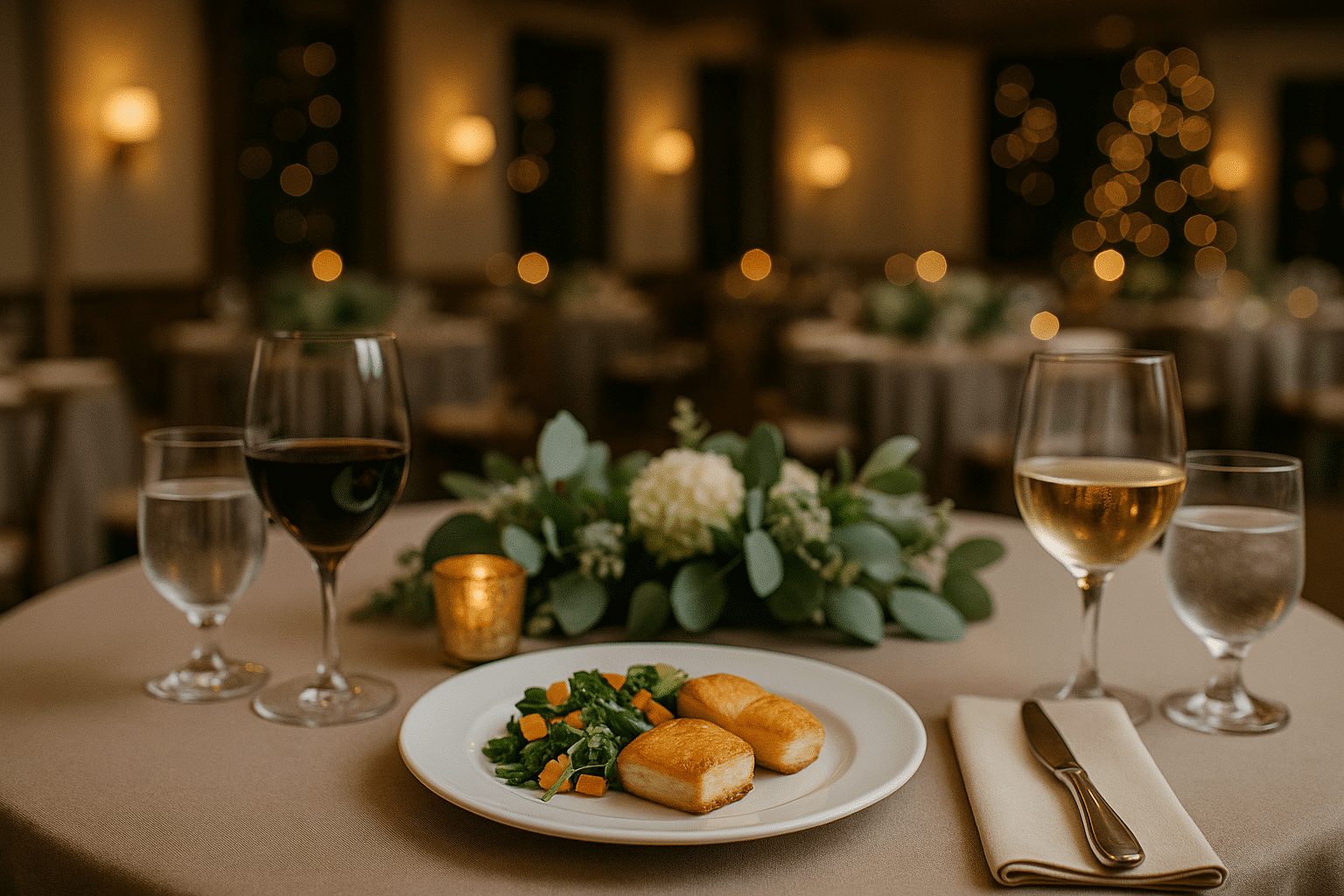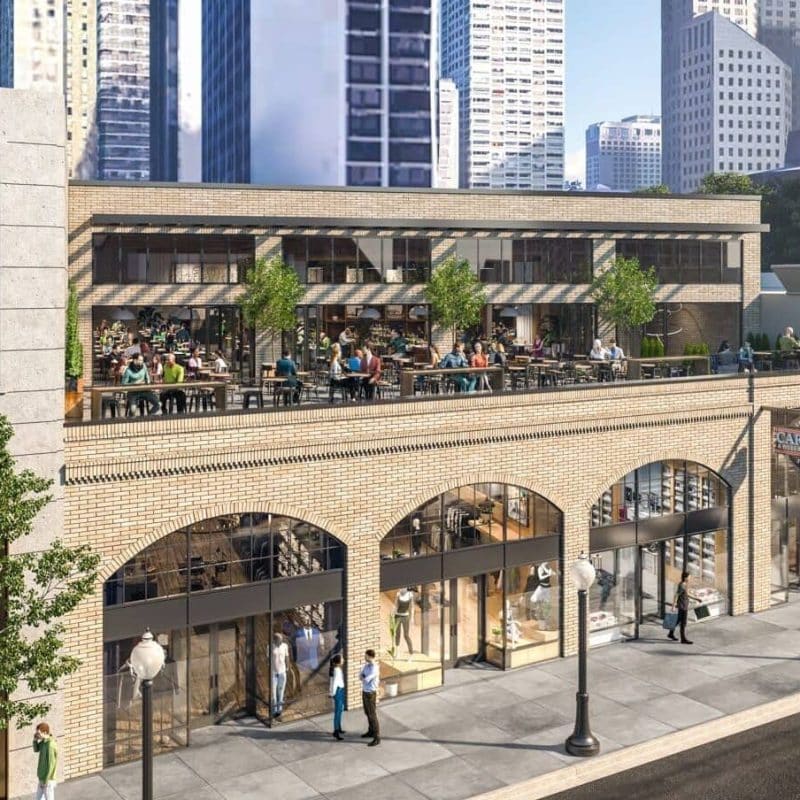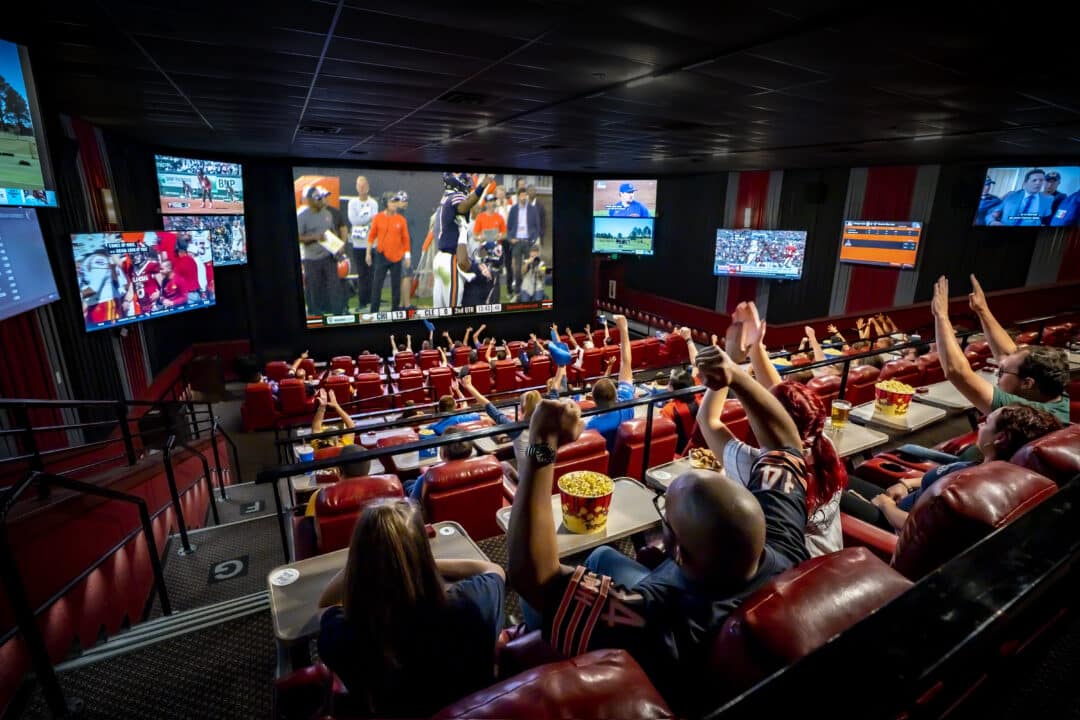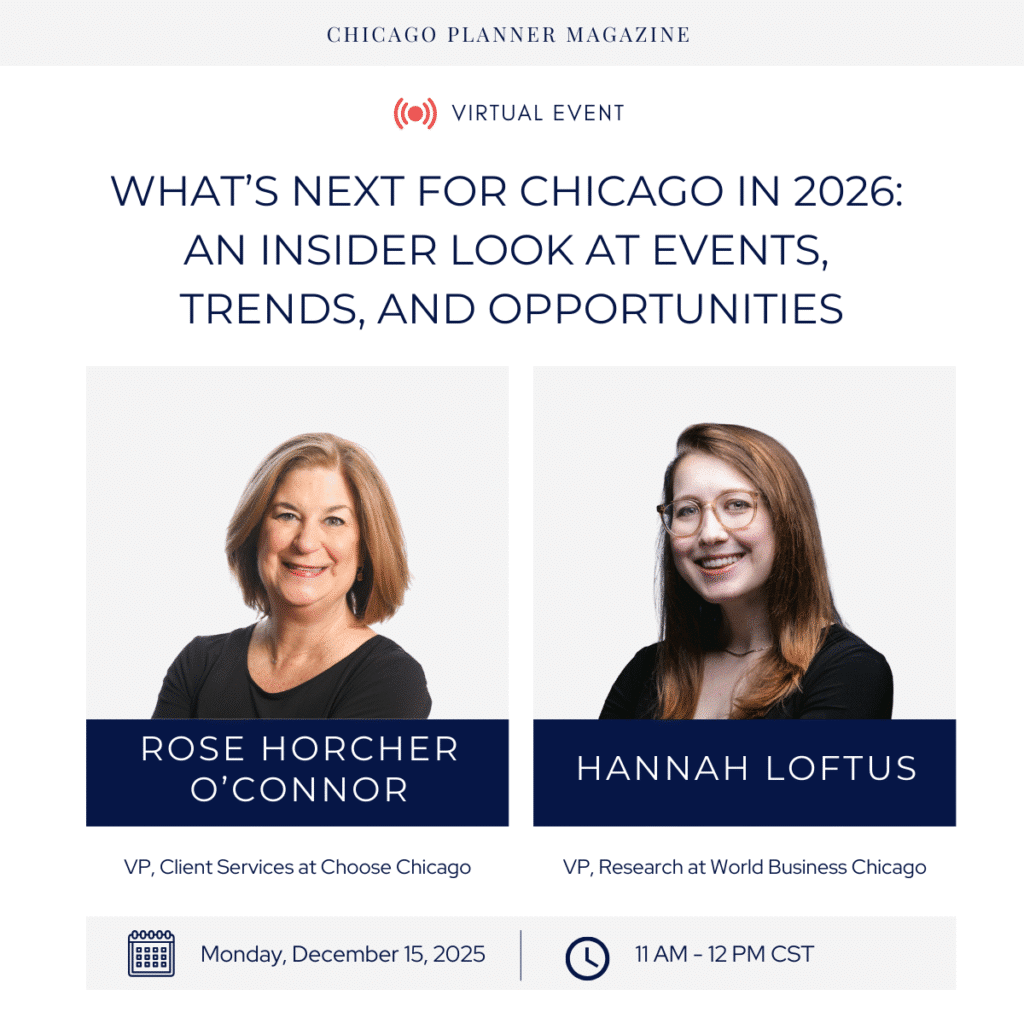
Make it easy for planners to book your hotel, restaurant, or food business with menus that event they will love!
The holiday season is the most wonderful (and profitable) time of the year, but only if your menus and packages make it easy for event planners to say yes. Between corporate groups, nonprofit galas, social celebrations, and private dining reservations, demand is high, but so is the competition.
For hotels, restaurants, venues, or food service businesses, looking to attract event planners, success isn’t just about having a beautiful space or an award-winning kitchen. It’s about how seamlessly your food and beverage offerings can translate into a great event experience. Food and beverage offerings are one of the biggest decision-making factors for planners evaluating where to book their holiday event. It’s not just about serving delicious meals, it’s about helping planners visualize how their event with you as the host.
It’s important to remember that the professionals organizing their holiday events are tasked with managing tight budgets, diverse dietary needs, and the pressure of pulling off a memorable experience for their teams or clients. The venues that rise to the top are the ones who make the process as easy as possible. In a saturated Chicago market, where choices are abundant and decision timelines are short, crafting holiday menus that are both thoughtful and strategic is one of the most effective ways to stand out.
Whether you’re looking to boost private dining bookings, fill your banquet calendar, or attract corporate planners looking for their next go-to space, here’s what to consider as you build your food and beverage options for the 2025 holiday season.
Design Menus That Are Inclusive, Flexible, and Seasonally Inspired
Event planners aren’t just thinking about the food — it’s the guest experience, the group dynamic, transportation, budgets and so on. That means they’re actively looking for venues that can easily eliminate the most stressors for them. Easy-to-understand food and beverage offerings are one of the first places to make a great impression.
With today’s guests being more diverse than ever, planners need menus that can accommodate their full group without requiring extra legwork. Vegetarian, vegan, gluten-free, and dairy-free options should be part of your core selections, not buried in fine print or treated as one-off requests. For planners working with religious-based dietary needs such as kosher or halal, venues must be able to explain how they handle outside catering, plating fees, or specialty vendors. When you’re upfront and proactive, it’s an easy way to not only build trust, but by having done the legwork and providing options, you are creating another point of ease for planners by removing that task from their workload. To some, these details may seem small, but for a busy planner, it’s a way to signify that their guests will be cared for.
Flexibility is key because it’s not just what you serve, but how you serve it. Some planners are looking for the elegance of a plated dinner, while others want buffets or stations that encourage mingling. Offering multiple service styles, and clearly explaining what works best for different party sizes or timeframes helps planners make confident decisions. It is especially important to remember around the holidays that not every person tasked with planning the holiday party, regularly plans events and they may need some additional support or encouragement from your team.
In addition to varied food options, beverage flexibility such as tiered bar packages, mocktails, and seasonal specials, are all important in ensuring your future clients feel they’ve organized the best event.
But let’s not forget to add festive, seasonal elements. Create some elevation with seasonal options like a spiced old fashioned, a warm cider station, or a curated holiday vegetarian entrée can set the tone without overwhelming the aesthetic. Planners are looking for venues that feel elevated, celebratory, and ready for the season without becoming cheesy or inflexible.
Package Everything Clearly, and Eliminate Guesswork
One of the fastest ways to lose a booking is by making things too complicated. Event planners are often balancing multiple requests, comparing spaces, and presenting options to decision-makers who don’t have time to read between the lines. If your pricing or packages are unclear, they’ll move on to someone who makes it easier.
This may seem obvious, but clear, well-structured food and beverage packages stand out. Make your menus easily viewable and accessible on your website, as in obvious from the top of the home screen — you shouldn’t have to scroll to the bottom or click more than twice (yes TWICE) to find your private events menus, and what’s included. Provide per-person pricing when possible. Clarify whether tax, gratuity, and service fees are included or separate. If there’s a food and beverage minimum, say so. If certain menus only apply to lunch events, or if room rentals are waived with higher spend, that’s helpful context to share up front.
It’s equally important to explain common holiday season charges. Staffing fees, admin fees, delivery charges, chef attendant costs, and plating fees for outside food are all common, but they can come as a surprise if not disclosed clearly. Lays out your costs with transparency so the planner can fully understand what you offer, can then can advocate for your space internally.
If your menus change annually, consider creating a branded one-sheet or holiday landing page on your website so that prospects can download your options easily or share them with their team. The more turnkey you make the inquiry-to-booking process, the more likely a planner is to choose you.
Help Planners Maximize Their Budget Without Sacrificing Experience
For many companies and organizations, holiday budgets are fixed, and closely monitored. The perception that a venue is only accessible for big-budget events can keep planners from even reaching out. That’s why your food and beverage strategy should include built-in opportunities for flexibility, creativity, and added value.
This doesn’t mean slashing your rates. It means helping planners prioritize costing in a way that benefits both parties. For example, offer an upgrade to a seasonal welcome cocktail. Perhaps for daytime buyouts or weekday events, you can offer complimentary screen and microphone for events that need it. Planners will remember when your team helped them create something beautiful and stay on budget.
If you’re looking to fill slower time slots, use your food and beverage minimums to your advantage. Rather than charge a flat room rental, consider rolling that fee into a minimum spend so that clients can put more money into what matters to guests.
Showcase the Full Experience, Not Just the Menu
When planners choose a venue, they’re not just looking at the meal — they want to see your space and understand how tables will be laid out, where the reception will be, internal staff table options, etc. They have to create the entire guest experience, while trying to visualize how their group will feel from the moment they walk in the door. Your website, or package guide should offer a clear sense of your space’s capabilities.
- Make it easy for planners to see themselves hosting with you by sharing videos and photos of past holiday events.
- Highlight your private or semi-private rooms and explain how many guests each setup can comfortably accommodate.
- Mention on-site perks like built-in AV, valet parking, fireplaces, skyline views, or seasonal décor partnerships.
- If your event space has a cozy lounge, large bar area, or striking dining room, show it off. These are emotional decision points that planners use when making their final call.
- If your staff is well-trained in large party service or your chef is known for creating bespoke tasting menus, talk about that.
Help planners understand what it’s like to work with your team and what you do to make each event feel special. It’s not about having the biggest space, it’s about showcasing how your business aligns with what planners are searching for.
Bookings Start Now: Make Sure You’re In Front of the Right Planners
While guests may not start celebrating until late November or December, planners are making decisions now. That’s especially true for corporate events, where lead time is longer and dates fill quickly. If your holiday menus or availability aren’t visible until mid-fall, you may miss out on some of the most profitable bookings of the season.
That’s why visibility is critical. And it’s exactly why Chicago Planner Magazine’s 2025 Holiday Guide is one of the best ways to get your seasonal offerings in front of the right audience at the right time.
Our readers include corporate event planners, marketing teams, HR departments, nonprofit professionals, social organizers, and high-end hosts who rely on our recommendations to find the city’s best venues, caterers, restaurants, and event services. From small group dinners to large-scale banquets, these are the people actively making decisions and seeking standout options for holiday celebrations.
Having your business in the 2025 Holiday Guide means increased visibility that leads to more inquiries, better brand recognition, and stronger Q4 revenue.
This year we’re proud to be partnering with The Executive Club of Chicago, HSMAI Chicago Chapter, National Concierge Association (NCA) Chicago Chapter, National Association of Catering Executives (NACE) Chicago Chapter, and Next Gen Events Collective (NGEC) who will all be sharing the holiday guide with their audiences.
Ready to Book More Holiday Events?
Contact Stan Hansen, Director of Sales: [email protected]




0 Comments